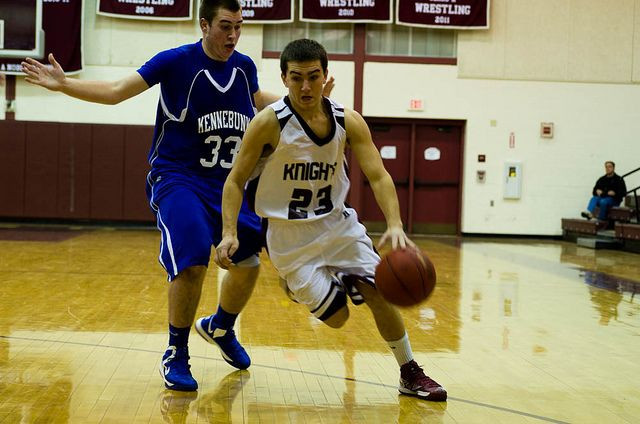Vigorous Exercise Bad For Hearts With Arrhythmic Gene Mutation

Exercise should normally be good for someone, but for people with a genetic mutation, which causes a heart rhythm condition known as ARVD/C, too much of it can lead to sudden death — at a five-fold increased risk when compared to people without the condition, a new study says.
The gene mutation causes heart cells, which are normally able to beat simultaneously, to beat out of rhythm — this disruption, called arrhythmia, can be life-threatening because blood may not be able to flow properly to the rest of the body.
"The results of this study reveal for the first time that the amount and intensity of exercise among people who carry a mutation increase the likelihood of developing ventricular arrhythmias — a very serious rhythm disturbance, and heart failure," Dr. Cynthia James, lead author of the study and genetic counselor at the Johns Hopkins ARVD/C program, said in a statement.
"We looked at competitive team sports — vigorous aerobic exercise — and risks were considerably higher for arrhythmia and for heart failure. We saw that the amount of risk spiked at higher levels of exercise," she said. For people who carried the gene mutation, exercising more than 150 hours each year put them at greater risk, according to Everyday Health.
Dr. James and her team interviewed 87 members of an ARVD/C disease registry about their exercise habits throughout their lives. They found that reduced exercise decreased the risk of carrying the gene, endurance athletes developed symptoms of arrhythmia at younger ages and that they were the only ones to develop heart failure, and most surprising of all, they found that family members of people with the mutation also carried the gene.
Dr. James says that sports such as long and middle-distance running, competitive swimming, basketball, soccer, and distance cycling are among some of the vigorous exercises people at risk should avoid. She also says that pre-sports screening could tell doctors who is most at risk.
But for a genetic mutation which only affects one in 5,000 people, experts say it is too early in their understanding of the risks to screen everyone before they begin sports. What's more, screening for the gene is uncommon.
"I don't think anyone gets the screening routinely," Dr. Paul D. Thompson, Chief of Cardiology at Hartford Hospital in Hartford, Conn., told Everyday Health. "If a person had a lot of arrhythmias and we had a suspicion, we might screen, but screening is not that common." Dr. Thompson wasn't involved in the study.



























